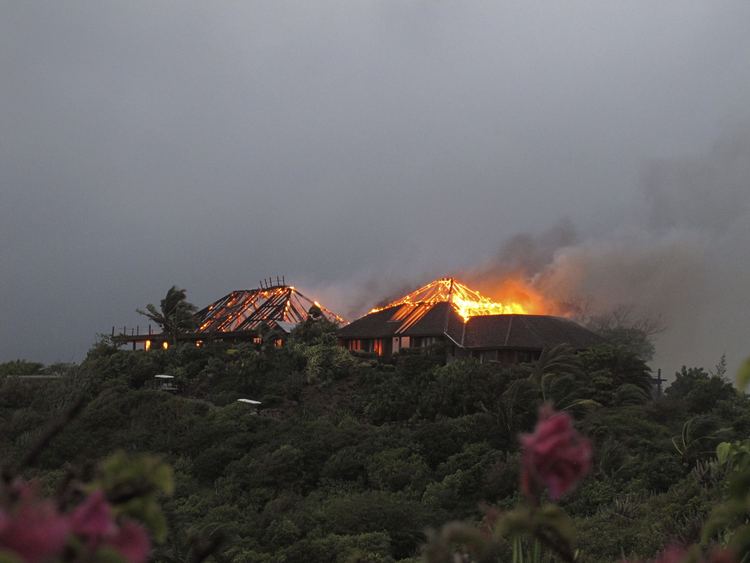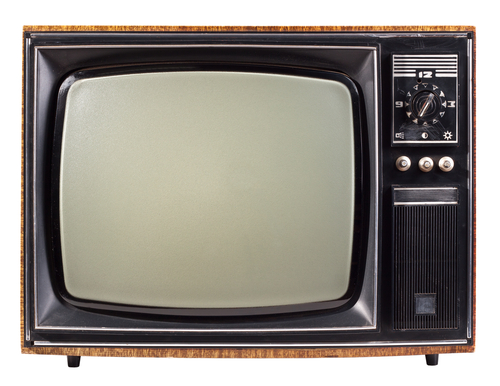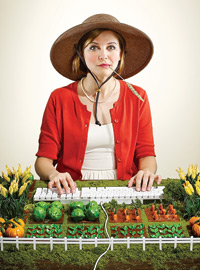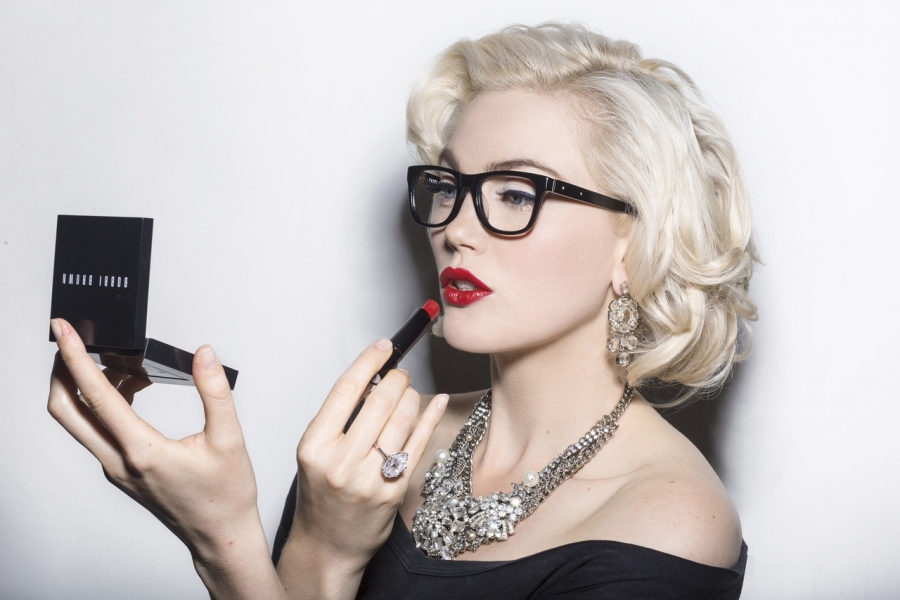It's the stuff movies are made of, but this time it was real life: Actress Kate Winslet reportedly rescued billionaire Richard Branson's elderly mother from a burning home on Branson's private island in the Caribbean. And actor Ryan Goslingallegedly put himself in the middle of a heated New York City street fight, breaking it up.
Should we consider these two celebrities heroes? And are most other people capable of the same -- of putting themselves in harm's way to help someone else?
Frank Farley, a psychologist and professor at Temple University in Philadelphia, is not surprised that actors, who often play heroes on the big screen, also might take on the role in real life. They may inherently have the right stuff to be a "situational hero," he said.
"These are people who find themselves in a situation and act." They are different, he says, from lifelong heroes (Martin Luther King, Gandhi) and professional heroes (firefighters, police officers).
Scratch the surface of the life of a situational hero, he said, and much is revealed. "There is a willingness to take risks. Consider the actor's career -- acting is a risky trade. There's no 9-to-5, there's no guarantee you'll succeed."
Actors are also known for being confident, which also may factor into situational heroism: "They might fall on their face in a particular movie, and it could hurt their career. It's hard to get themselves back, but some do it."
Those personality traits, Farley added, may make people like Winslet or Gosling more willing to take a risk such as carrying someone from a burning building or putting themselves in the middle of an altercation.
Don't we all have what it takes to save a life in an emergency situation? The answer is no, he said. "Some people freeze at the brink, they're so deeply risk-averse. They would rather dial 911 and let the professionals handle it. We see a fair amount of that. Most people can take a risk if they have to, but they might not want to, and for them it's not a way of life. It's not something that drives their life."
Just reading about celebrities such as Winslet and Gosling acting heroically or altruistically may influence others to step up and be brave, Farley said.
"I applaud them. Elizabeth Taylor was heroic in her own way -- look at how much she gave of her life to the war on AIDS. George Clooney uses his fame in the service of humanity. Kate and Ryan have done that in their own way, but they probably weren't thinking about it at the time."
Modeling behavior can be a powerful learning tool, he noted. "Where you have two very well known actors doing the right thing, it will have impact. This is great stuff, and I'd like to see more."
Should we consider these two celebrities heroes? And are most other people capable of the same -- of putting themselves in harm's way to help someone else?
Frank Farley, a psychologist and professor at Temple University in Philadelphia, is not surprised that actors, who often play heroes on the big screen, also might take on the role in real life. They may inherently have the right stuff to be a "situational hero," he said.
"These are people who find themselves in a situation and act." They are different, he says, from lifelong heroes (Martin Luther King, Gandhi) and professional heroes (firefighters, police officers).
Scratch the surface of the life of a situational hero, he said, and much is revealed. "There is a willingness to take risks. Consider the actor's career -- acting is a risky trade. There's no 9-to-5, there's no guarantee you'll succeed."
Actors are also known for being confident, which also may factor into situational heroism: "They might fall on their face in a particular movie, and it could hurt their career. It's hard to get themselves back, but some do it."
Those personality traits, Farley added, may make people like Winslet or Gosling more willing to take a risk such as carrying someone from a burning building or putting themselves in the middle of an altercation.
Don't we all have what it takes to save a life in an emergency situation? The answer is no, he said. "Some people freeze at the brink, they're so deeply risk-averse. They would rather dial 911 and let the professionals handle it. We see a fair amount of that. Most people can take a risk if they have to, but they might not want to, and for them it's not a way of life. It's not something that drives their life."
Just reading about celebrities such as Winslet and Gosling acting heroically or altruistically may influence others to step up and be brave, Farley said.
"I applaud them. Elizabeth Taylor was heroic in her own way -- look at how much she gave of her life to the war on AIDS. George Clooney uses his fame in the service of humanity. Kate and Ryan have done that in their own way, but they probably weren't thinking about it at the time."
Modeling behavior can be a powerful learning tool, he noted. "Where you have two very well known actors doing the right thing, it will have impact. This is great stuff, and I'd like to see more."
.gif)




.jpg)


